Cookies 🍪
This website uses cookies to ensure you get the best experience on our website.
By using renewable materials, we plan to drive awareness towards a more sustainable future. We hope to change the perception of plastic within the consumer and housewares industries as a single use item. For the last several years we have invested heavily in the research and development of sustainable materials. We also have production lines specifically set up to test the feasibility of the materials for large scale manufacturing.
UPCYCLED PLASTIC
RECYCLED STAINLESS STEEL
OCEAN BOUND PLASTIC
COFFEE GROUND & HUSK
SUGAR CANE
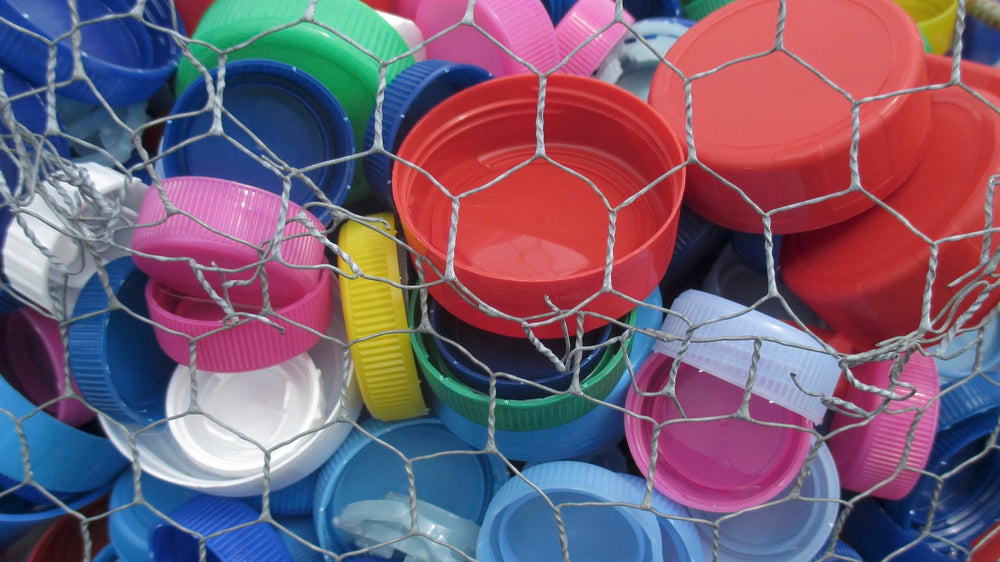
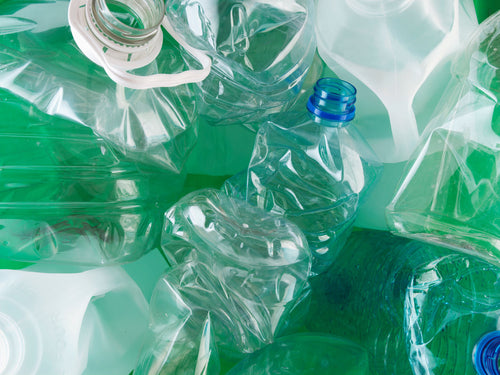
In 2020 we initiated a program in China that uses post-industrial waste from fast food chains. Every year, millions of cups, plates, forks, and bottles are thrown into landfills. A lot of attention and press has been focused on Ocean Plastics. We feel that land-based waste is just as harmful to the environment and would like to do our part to solve this problem. We are now collecting this material, cleaning it, and re-processing it at our plant in Foshan, Guangdong province. Our goal is to use roughly 30% of up-cycled material in many of our product lines. We have passed all relevant global recycling standards and are FDA and LFGB compliant.
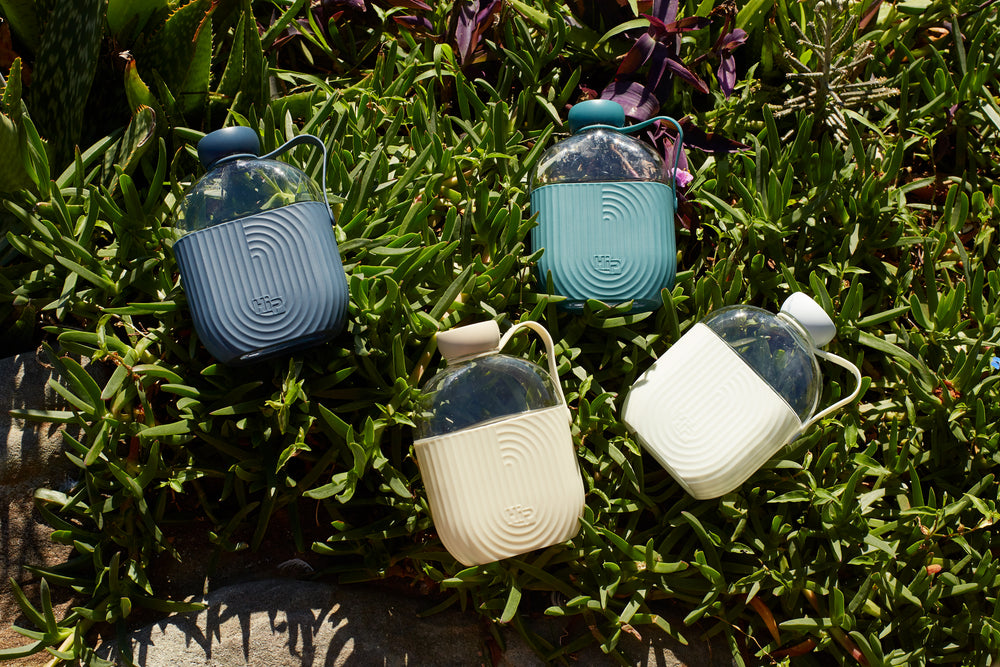
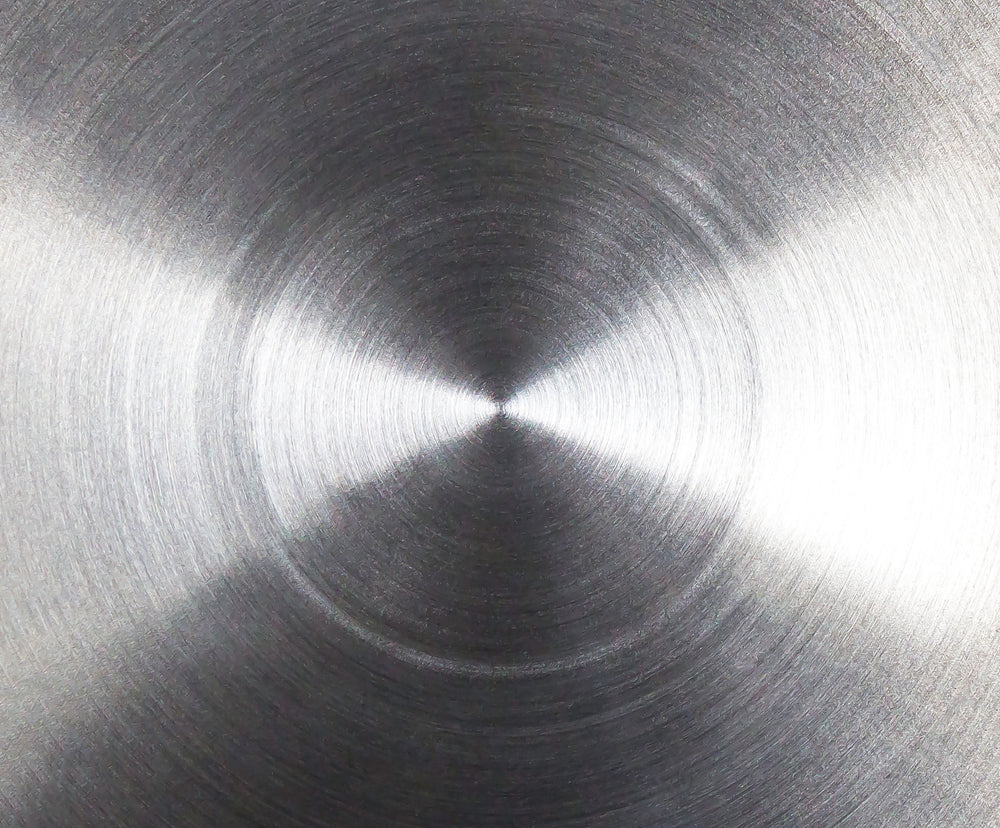
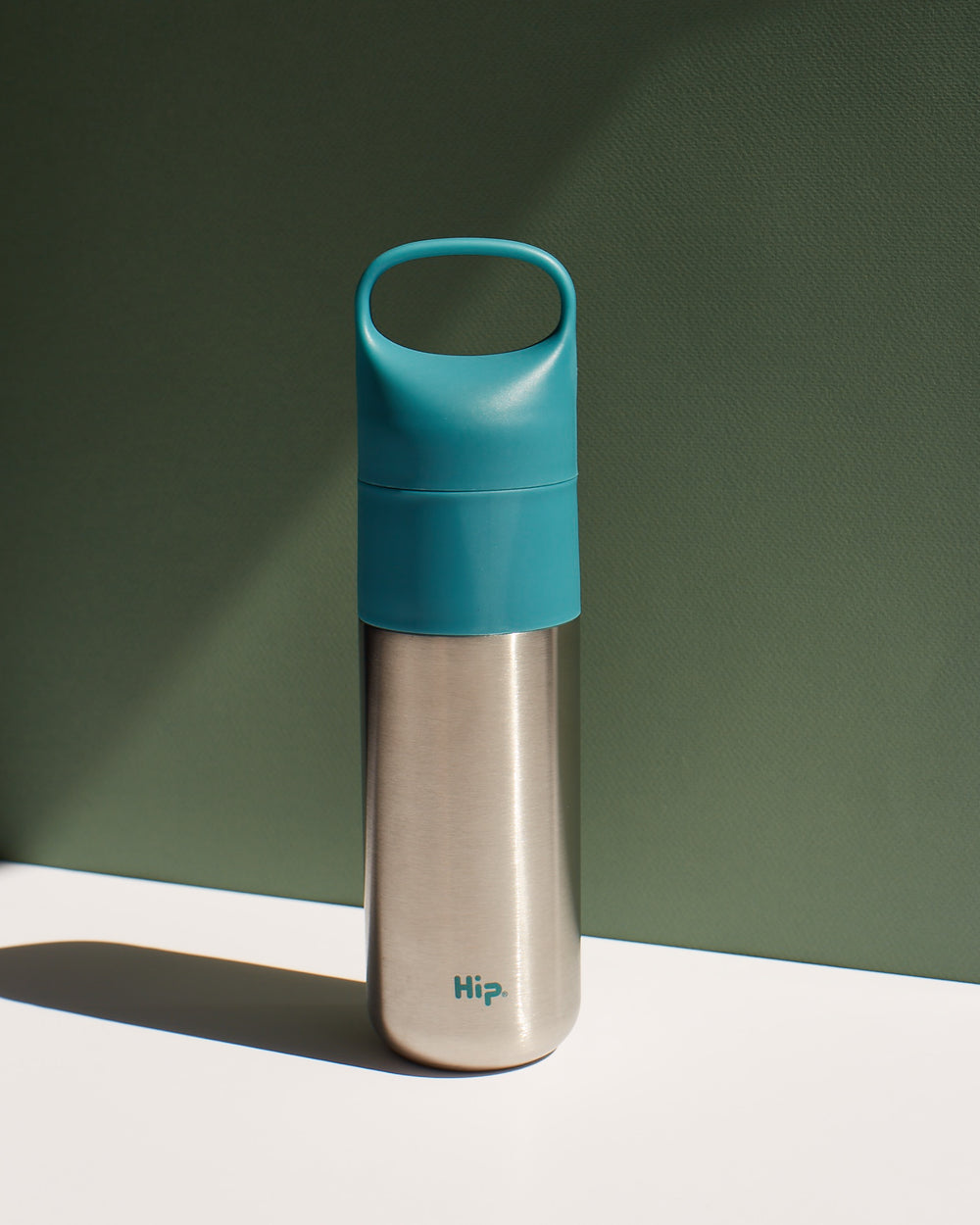
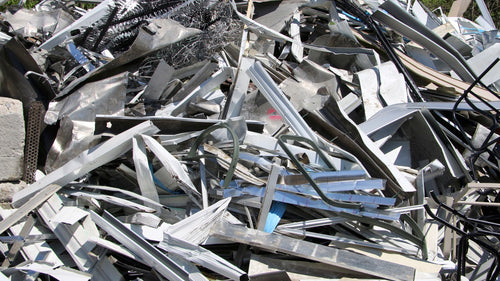
Recycled Stainless steel is the most recycled material on the planet, and we’re part of the reason why. In 2020 we initiated a program to use certified stainless steel at our factories as a substitute for virgin material. Stainless steel is non-degradable, with little or no impact on performance after recycling. Recycling reduces energy consumption, overall carbon footprint, and the size of landfills. Additionally, it allows us to reduce costs in most cases while contributing to systemic change and the health of our planet.
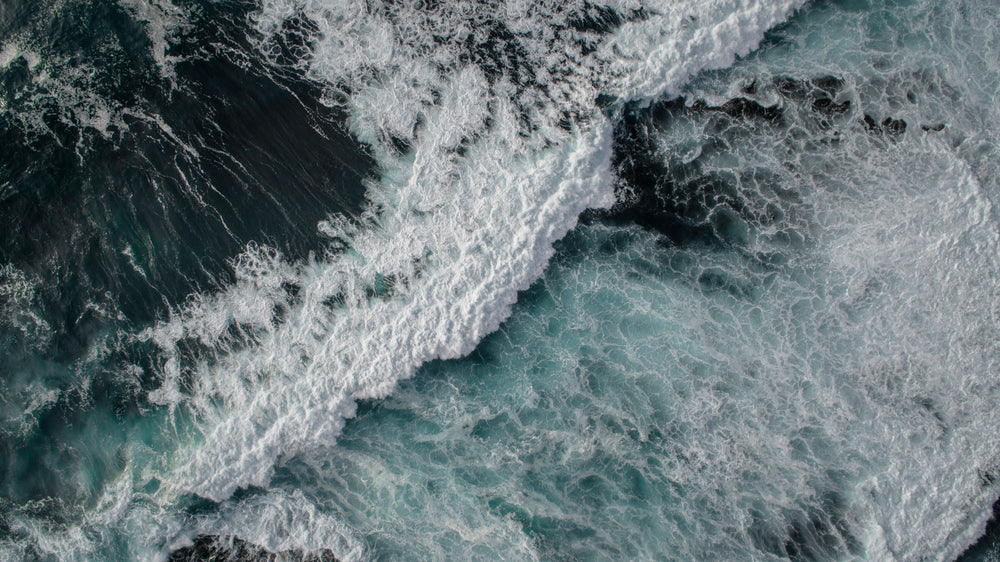
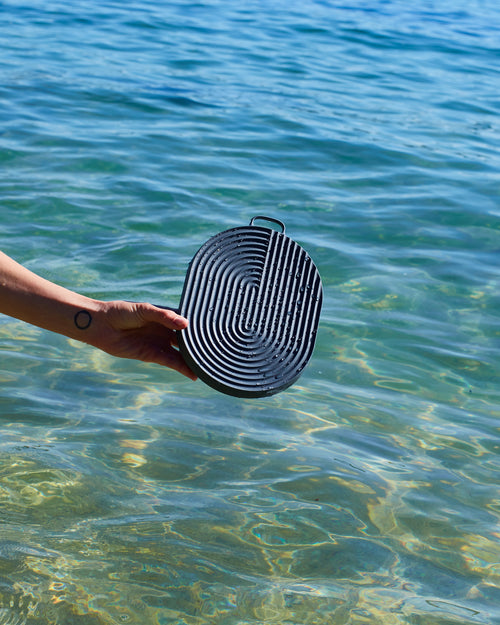
Oceanworksis the global marketplace for recycled ocean plastic materials and products.
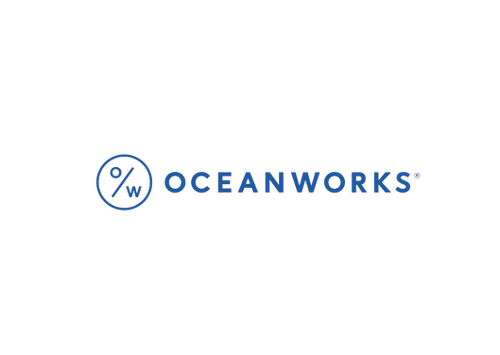
We've partnered with oceanworks®, the largest global market- place for sustainable materials. We are able to source discarded ocean bound plastics from developing communities, directly helping those with no existing recycling infrastructure. This is a recycled raw material that can substitute virgin plastics, help protect our oceans and planet, and contribute to the circular economy. Ocean Bound Plastic refers to plastic waste that is at risk of ending up in the oceans. This means plastic that is located near waterways that may find its way through rivers and lakes. Risk areas are worldwide and are defined as being 200 kilometers from the coastline. The goal of using this material is to create an integrated land-based collection system that converts Ocean Bound Plastic waste into recycled products.
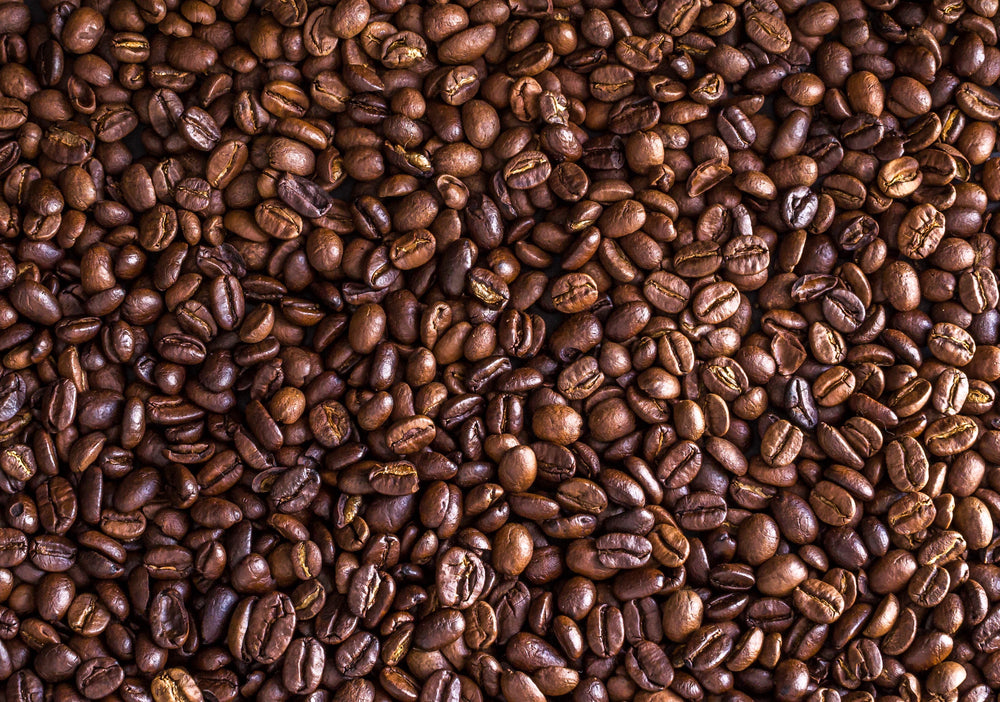
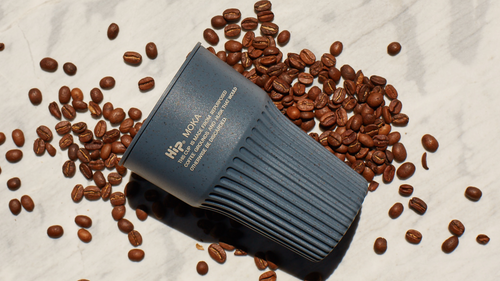
30% of the material used to create our Moka coffee cup is composed of coffee grounds and husk that otherwise would be discarded. We take the coffee grounds and husk from farms Yunan, China where we process them into small particles and add them into PP material products.
Coffee ground and husk is a discarded waste that is then turned into new products. The production of coffee husks and mucilage is 5 million tons per year. They are dumped near the factories causing methane emissions and degrading the environment.
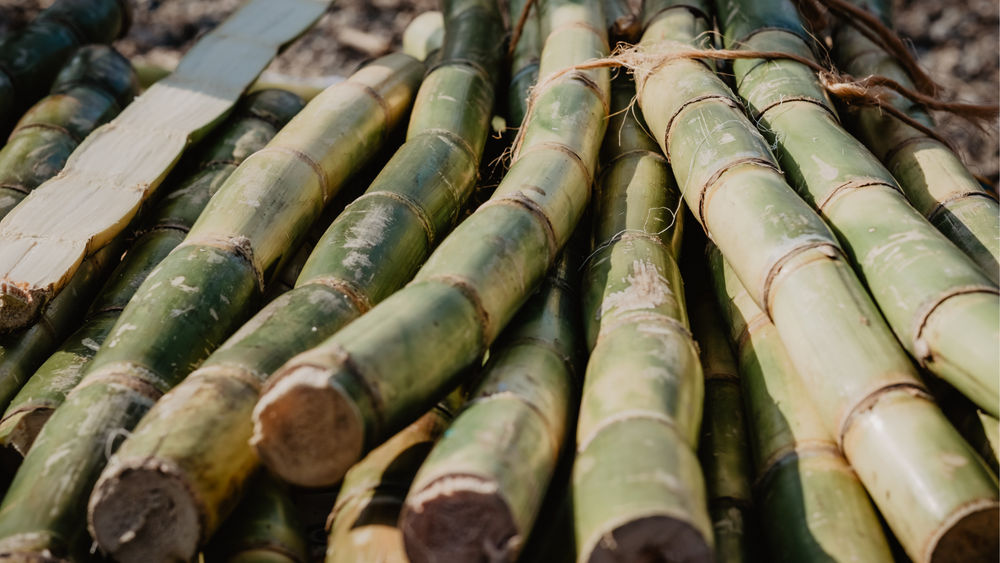
Right now, climate change and plastic pollution are two of the biggest challenges we all face. SUGA is comitted to making products that are safer for people and our world.
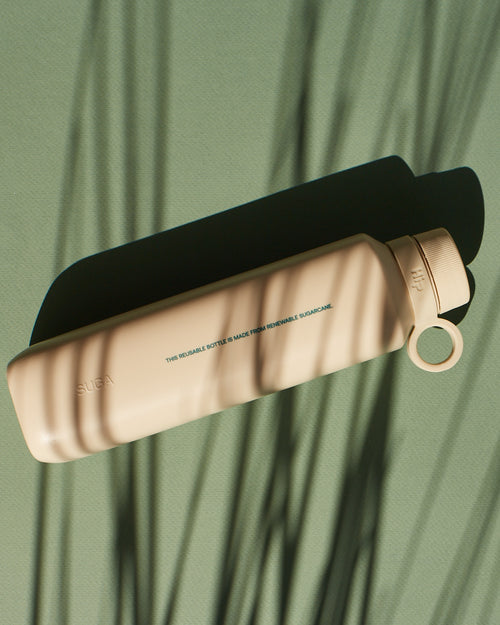
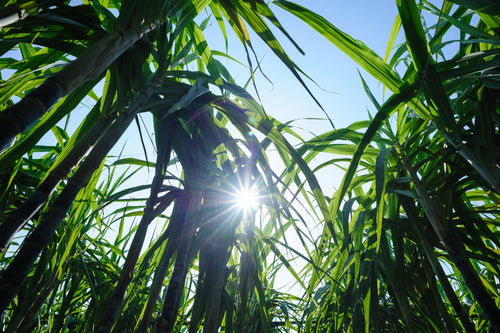
Sugar cane is a recyclable natural material that is very resilient. It also absorbs carbon dioxide, one of our biggest pollutants.
While sugarcane plastic isn’t biodegradable, it is 100% recyclable. Because sugarcane absorbs one of our biggest pollutants, it makes it far more superior to oil. This is because oil-based plastics require mining for the oil, a process that releases carbon from the Earth’s soil into our air. A real kicker for climate change. The less we rely on oil-based products, the better.
One of the perks of growing sugarcane is its resilience. It can grow in the weakest of pas- tures and actually helps recover the soil. Sugarcane waste known as bagasse is also used to generate electricity that powers the ethanol production process.
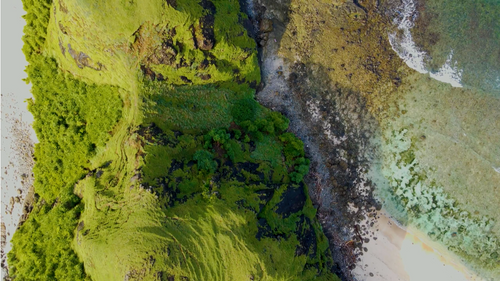
We are acutely aware that what we do as manufacturers has a direct impact on the environment, and that we have the power to make systemic change a reality. We are making positive steps towards changing the way we work and are actively researching materials and manufacturing methods that can help make an impact.